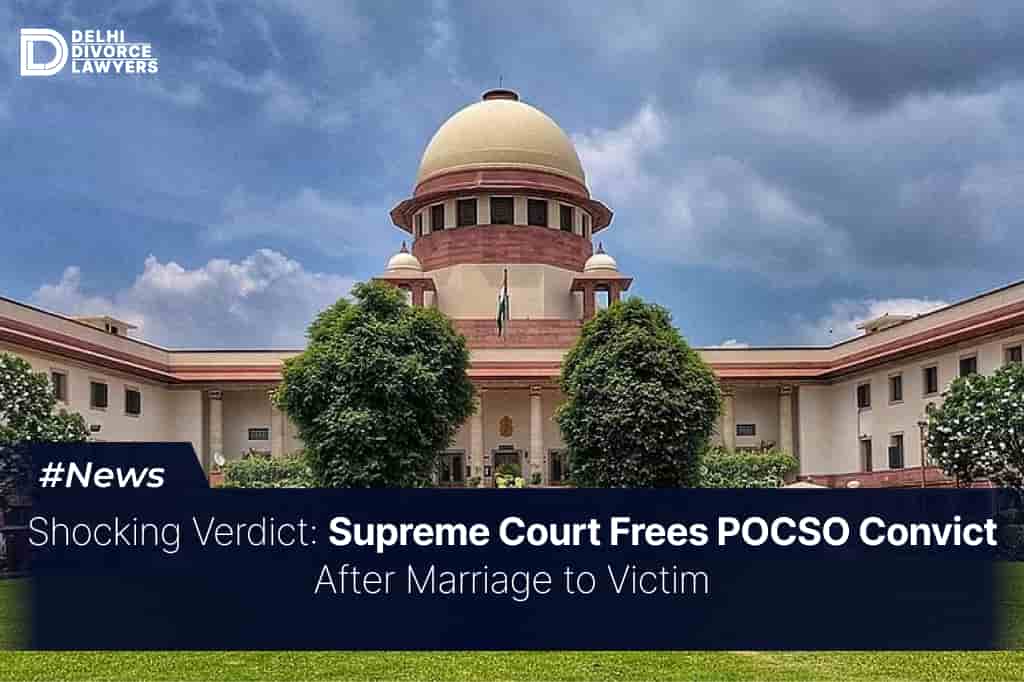The top court had in 2023 initiated a suo motu case in the wake of a Calcutta High Court ruling that had called for adolescent girls to “control” their sexual urges instead of “giving in to two minutes of pleasure”.
On Tuesday, the Supreme Court chose not to impose a sentence on a man convicted under the Protection of Children from Sexual Offences (POCSO) Act, citing the fact that he later married the victim, who was 14 years old at the time of the 2018 incident [In Re: Right to Privacy of Adolescent].
The Bench, comprising Justices Abhay S. Oka and Ujjal Bhuyan, invoked the Court’s extraordinary jurisdiction under Article 142 of the Constitution to grant relief to the convict, describing the case as a wake-up call for society.
“What troubles us is the issue of sentencing. Though the victim did not treat the incident as heinous crime, she suffered because of it. This was because at an earlier stage, the victim could not make an informed choice due to the shortcomings in our society, our legal system and in her family,” the Court remarked.
The Court noted that the victim, who is now a mother, wishes to protect her husband and preserve the integrity of their family.
“The society judged her, the legal system failed her and her own family abandoned her. Now she is at a stage where she is desperate to save her husband, she is emotionally committed to the accused and has become very possessive about her small family.”
“The facts of the case are eyeopener for everyone. It highlights the lacuna in our legal system.”
Supreme Court
The verdict came in a suo motu case initiated by the Supreme Court following a controversial ruling by the Calcutta High Court, which had implied that adolescent girls should “control” their sexual urges rather than “succumb to two minutes of pleasure.” The High Court’s remarks triggered widespread debate by promoting a ‘duty-based approach’ for teenagers, imposing different standards of responsibility on adolescent boys and girls.
In December 2023, the Supreme Court took suo motu notice of the matter, condemning the High Court’s remarks as broad, objectionable, irrelevant, moralistic, and unjustified.
The West Bengal government had also appealed against the High Court’s acquittal of the accused. Ultimately, in August 2024, the Supreme Court overturned the High Court’s decision and reinstated the conviction.
However, the Court deferred sentencing to await the findings of a committee set up to assist the victim in making an informed decision about her future.
“The duty of the committee shall be to help the victim to make an informed choice whether she wants to continue to remain in the company of the accused and his family or wants to avail of the benefits offered by the State Government,” the top court had ordered
Today, the Supreme Court observed that, according to the committee’s report, while the incident is legally classified as a crime, the victim herself does not perceive it as such.
“The Committee records that it was not a legal crime that caused any trauma to the victim but rather it was the consequence that followed which took a toll on her. What she had to face as a consequence was the police, the legal system and the constant battle to save the accused from punishment,” it added.
Consequently, the Supreme Court decided against imposing any sentence on the convict. It also issued specific instructions to the State government and issued a notice to the Union Ministry of Women and Child Development, requesting further measures to address the broader issues raised by the case.

